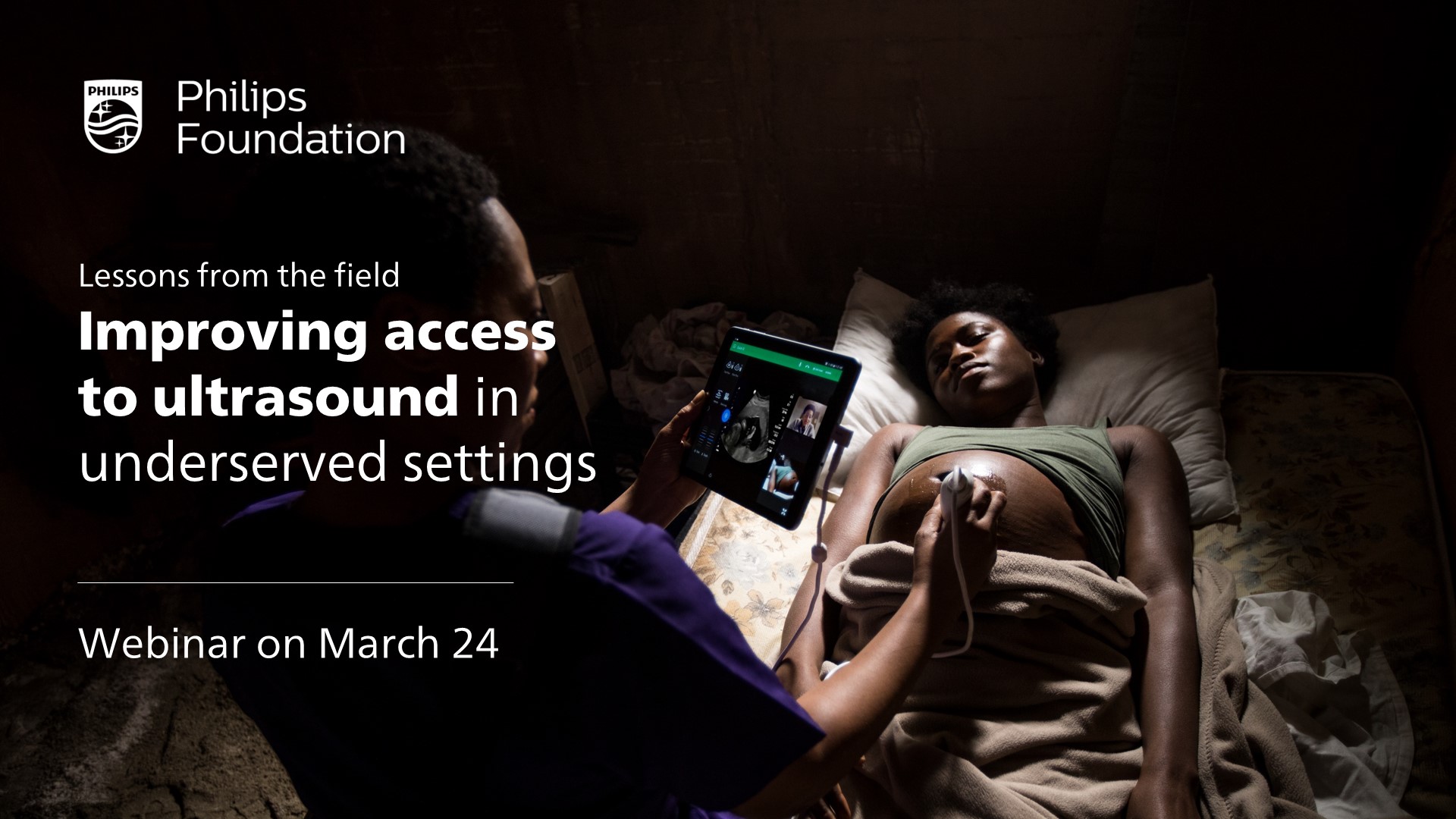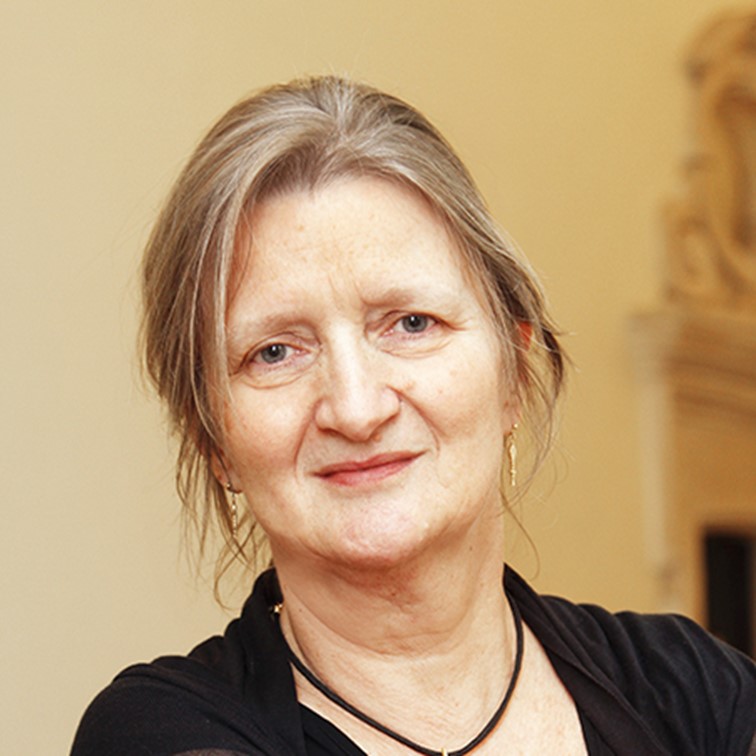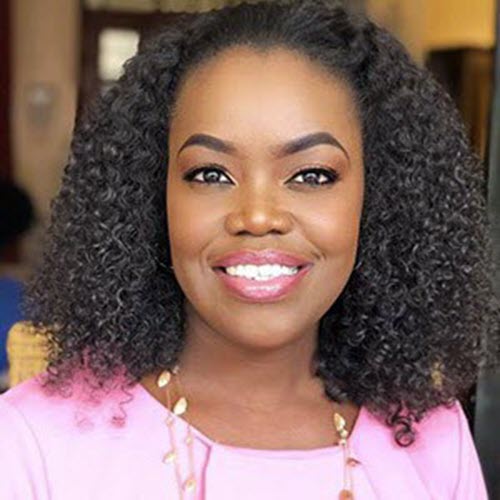Background information
According to a recent report by United Nations, maternal mortality remains a major concern, with one woman dying every two minutes due to complications related to pregnancy or childbirth. The majority of these deaths occur in the most underserved parts of the world.
The report highlights various factors contributing to maternal mortality, including delays in accessing and providing care, poor quality of care, shortages of supplies, and poor accountability of health systems. Additionally, social determinants of health and inequalities put some populations at greater risk.
To improve pregnancy outcomes, the WHO recommends ultrasound scans before 24 weeks of pregnancy to estimate gestational age, detect fetal anomalies and multiple pregnancies and reduce the need for induction of labor for post-term pregnancy.
Technological innovations, such as point-of-care ultrasound and tele-ultrasound, have the potential to overcome some of the barriers to ultrasound access and improve the availability of high-quality ultrasound in underserved settings.
Philips Foundation has collaborated with partners across the world to explore ways of improving access to high-quality ultrasound. In a previous webinar, we shared learnings on various models aimed at improving obstetric ultrasound in underserved settings.





